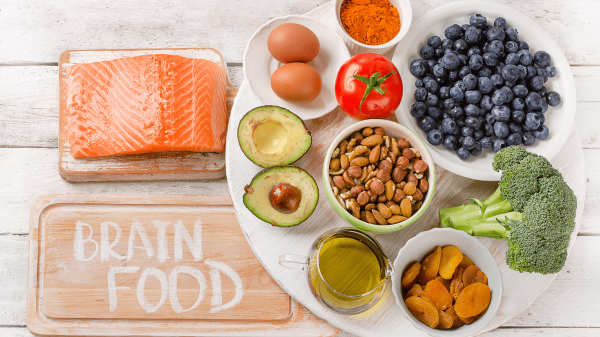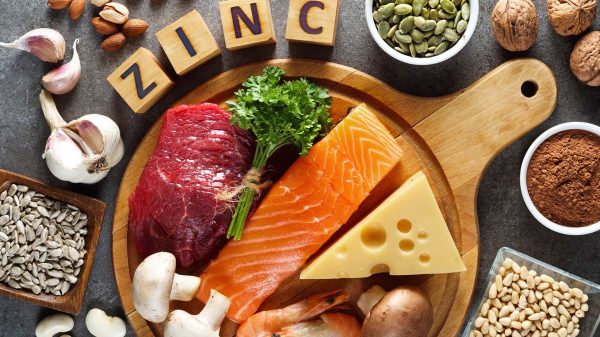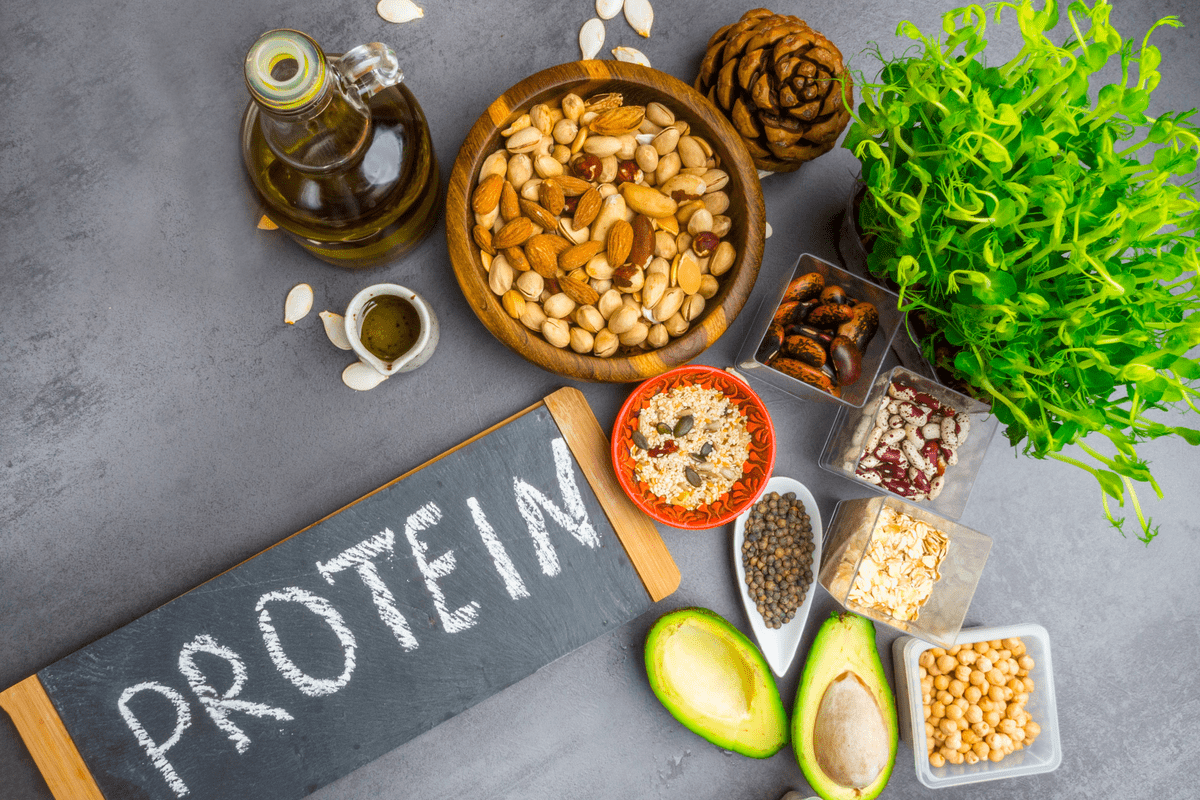Carbohydrates: Source of Energy
The main source of body energy is carbohydrates—the dietary fiber, sugars and starches that are found in plant foods and dairy products. Carbohydrates are found primarily in plant foods.
Lactose found in dairy products is a form of milk sugar. High carbohydrate foods include bread, pasta, beans, potatoes, rice, and cereals. In living organisms, carbohydrates play various roles, including energy supplies.
The immune system, disease development, blood coagulation and reproduction require the involvement of the byproducts of carbohydrates.
Carbohydrates also called saccharides or carbs, provide the body with energy. Four calories of carbohydrates are present in each gram.
A primary source of energy for the brain and muscles is the decomposition of carbohydrates into glucose.
Carbohydrates are one of three nutrients that the body requires in greater quantities.
Protein and fats are the other macronutrients. Protein provides the body with four calories per gram and fats of 9 calories per gram.
Types of Carbohydrates
There are two types of carbohydrates, namely;
· Simple Carbohydrates
Sugar is an example of simple carbohydrates.
· Complex carbohydrates
Starch and fiber are examples of complex carbohydrates.
Health Benefits of Carbohydrates
The major health benefits of carbohydrates are;
1. Carbohydrates for Muscle Preservation
Storage of glycogen is one way of ensuring that your body has enough glucose. Muscles can be broken down into amino acids and transforming into glucose or other energy-generating compounds if glucose from carbohydrates is missing.
2. Carbohydrates for Digestive Health
Dietary Fiber does not split into glucose, unlike sugars and starches. These carbohydrates pass undigested in the human body.
Two main types of fiber are classified as soluble and insoluble. In oats, legumes and the internal fruit and some vegetables, soluble fiber is found. It forms a gel-like texture while passing through the body and draws in water.
That increases your stool’s bulk and makes it softer to the bowel movement.
3. Carbohydrates for Heart Health and Diabetes
It is harmful to your heart to eat excessive quantities of refined carbs and boosts the risk of diabetes. However, consuming enough intake of dietary fiber can be beneficial for your heart and blood sugar levels.
4. Carbohydrates as a Source of Energy
One of the main functions of carbohydrates is to supply energy to your body. Before entering the blood, most of the carbohydrates after consuming food are digested and then decomposed into glucose.
The glucose present in your blood is taken into your body’s cells and develops a fuel molecule, adenosine triphosphate (ATP), which is produced by a series of complex processes called cellular respiration. Cells can boost a range of metabolic tasks using ATP.
5. Carbohydrates help to store Energy
Excess glucose can be saved for further use if your body has enough glucose to accomplish its current needs.
A stored form of glucose is mainly found in the liver and muscle and is known as glycogen.
Deficiency of Carbohydrates
Deficiency of carbohydrates can lead to lower sugar levels in the blood, and sugar levels may drop and can cause hypoglycemia.
Carbohydrate is the foremost energy source for different organs like the brain and muscles.
If you are carbohydrate-deficient, then you cannot feel energetic and active and cannot do daily life activities properly.
Carbohydrates Sources
A variety of food contains carbohydrates, for example, bread, beans, milk, popcorn, potatoes, spaghetti, soft drinks, corn, and cherry cake which compromises healthy and non-healthy options. They are available in different shapes. Sugars, fibers, and starches are the most common and abundant forms.
Foods rich in Carbohydrates
Whole grains, greens, fruits, and boobs unprocessed or minimally processed are the healthiest alternative to carbohydrates. They promote good health by delivering important phytonutrients, fibers, vitamins and minerals.















